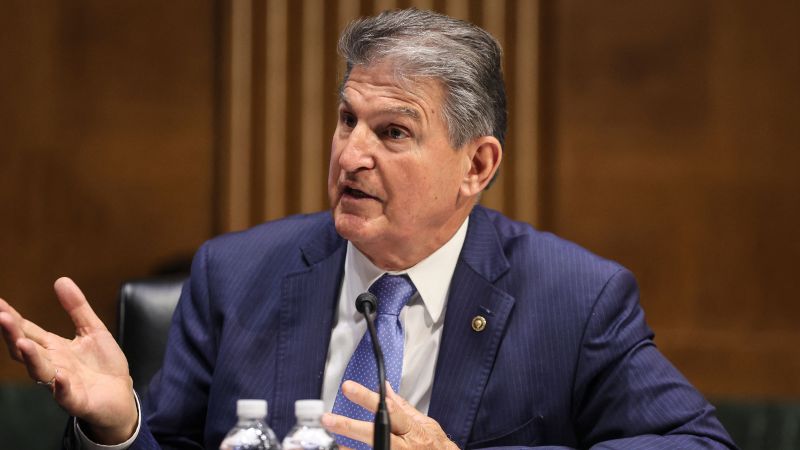Lapaz
Well-known member
Offline

Manchin defends bucking voting rights bill and digs in against eliminating the filibuster | CNN Politics
Democratic Sen. Joe Manchin on Sunday defended his decision to vote against a sweeping voting rights bill and reiterated his opposition to gutting the filibuster, declaring in the strongest terms yet that he is not willing to change Senate rules to help his party push through much of President...
With Manchin stalling most legislation, I think it is a good time to discuss ideas on how to amend the rule. Firstly, I think the filibuster should be preserved in some form, but not as it is today. I think the preserved form should be codified into law, so it isn't changed by each new majority. My proposal is to pass a law that requires a vote on bills passed by supermajorities by either chamber of congress. So if the House passes a bill with a supermajority, then there should not be an option to filibuster that bill. The senate would have to vote on the bill as it passed the other chamber without modification. This should result in only highly popular bills that are well crafted to be voted upon and passed, since poorly crafted bills will probably still fail. If the House were to pass a law to require a vote in the senate, then it would probably require the senate to suspend the filibuster for this one vote to convert the filibuster into a law. If the president signs it, then it would become the law for all future legislation. This amended filibuster would still protect the minority, but it would prevent the senate from sitting on legislation that has gotten vast support, and it would curtail the power of a small handful of senators.
Last edited:
